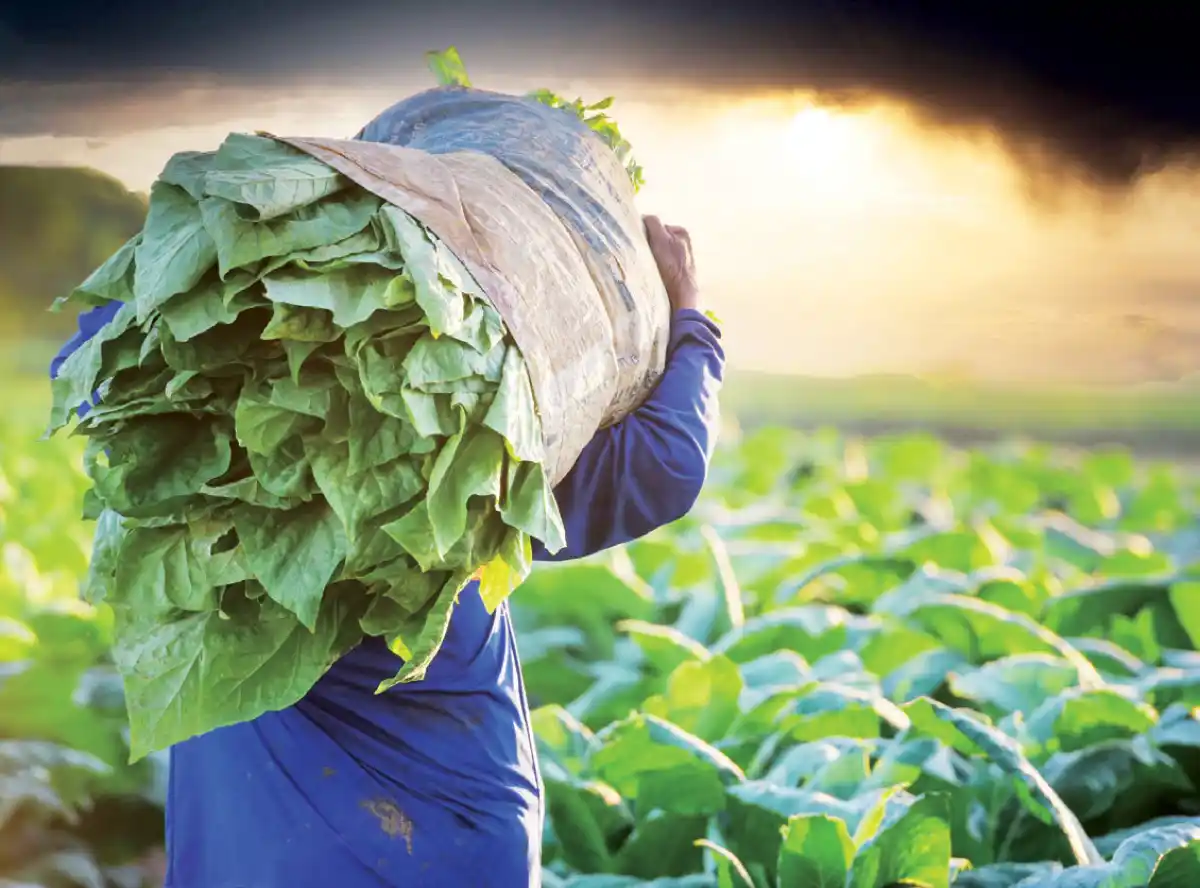
By Kingsley Jassi:
Malawi’s tobacco exports reached a historic high of $504 million between January and November 2024, surpassing full-year earnings of $449 million recorded in 2023, a Reserve Bank of Malawi (RBM) monthly economic report shows.
The 12 percent growth in earnings, achieved even without December figures, underscores tobacco’s resilience as the country’s top foreign exchange earner despite sustained efforts to diversify exports.
The RBM data shows November 2024 proved particularly strong for tobacco sales, which jumped to $104 million from $58.9 million recorded in October.
The leaf dominated monthly exports, claiming 70 percent of total export earnings worth $149.2 million.
The leaf’s commanding performance reinforces its grip on Malawi’s export basket, accounting for 57 percent of total export revenues worth $882.9 million in the 11-month period.
This dominance continues to challenge government’s long-standing ambitions for export diversification.
“Total exports increased by $64.5 million to $149.2 million in November 2024 from $84.7 million in the preceding month. This upsurge was largely driven by growths in sales of tobacco, natural rubber, wood sawn and plied and scrap metal.
“In particular, exports of tobacco, natural rubber, wood sawn and plied and scrap metal increased to $104.4 million, $0.2 million, $0.9 million and $0.5 million, respectively, from $58.9 million, $0.1 million, $0.5 million, and $0.4 million in October 2024,” the report reads.
According to United Nations Comtrade database, tobacco exports worth $449 million represented 49.6 percent of Malawi’s total exports valued at $964 million in 2023, highlighting the country’s heavy dependence on the leaf.
Trade figures for 2024 paint a concerning picture for other export commodities.
Both pulses and groundnuts showed erratic monthly performances while sugar exports remained disappointingly low throughout the period.
The country’s external trade position remains precarious as imports totalled just over $2.9 billion against $882.9 million exports, creating a massive trade deficit exceeding $2 billion during the 11-month trading period.

Minister of Trade Sosten Gwengwe recently acknowledged that export diversification efforts face significant hurdles, particularly low production in other agricultural commodities.
“Countries recover from disasters differently and in our case our recovery is taking a bit of time. However, there are a number of initiatives by both government and development partners meant to provide support to the private sector to increase productivity,” Gwengwe said.
The minister said recent economic shocks have affected overall trade performance, but maintained that the government remains committed to broadening the export base.
Trade expert Alfred Changaya warned that continued reliance on raw commodity exports threatened Malawi’s economic transformation agenda.
Changaya explained that exporting raw commodities creates production instability through what he termed – the paradox of bumper yield – where increased production often leads to price collapse.
“A country cannot develop with commodity exports alone. We need to negotiate with trading partners on deals that promote industrialisation. We must attract investors to use our raw materials here, produce products and export finished or at least semi-processed products,” Changaya said.
The Malawi 2063 recognizes agricultural commercialisation and industrialization as key pillars for transforming Malawi into an inclusively wealthy and self-reliant nation.
However, experts argue that achieving this vision requires concrete steps to move up agricultural value chains and reduce dependence on raw commodity exports.
Meanwhile, the Tobacco Commission has said the outlook for 2025 remains positive as global leaf prices continue to strengthen amid supply constraints in major producing countries.
The trade deficit continues to put pressure on the Kwacha and foreign exchange availability, with businesses struggling to access dollars for critical imports.
While tobacco’s strong performance provides much-needed foreign exchange, economists stress the urgent need for export diversification to build economic resilience.








0 Comments